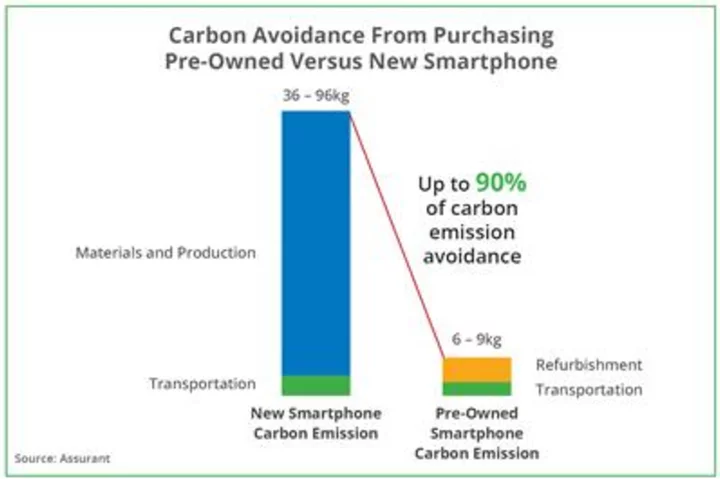Indonesia is set to lose its title as the world’s fourth-most populous nation by 2045 amid slowing birth rates, according to the Ministry of National Planning.
A recent survey the ministry conducted with the statistics agency indicates Indonesia’s population growth will slow to 0.4% in 2045, from 1.17% last year. That means, in the next 22 years, Southeast Asia’s biggest economy will be home to 324 million people, placing the country behind Nigeria and Pakistan in the demographic ranking.
“Our population growth is slowing down every year with the average annual growth at 0.67% in the period of 2020-2050,” Planning Minister Suharso Monoarfa said on Tuesday.
The finding reflects the major population shift happening across the globe, especially as incomes change and birth rates slow in middle-income nations. China lost its title as the world’s most populous nation to India, amid Beijing reporting its population shrank for the first time in six decades last year.
Indonesia has been counting on its demographic dividend — the economic growth potential from having a larger share of working-age people — to escape the so-called “middle-income trap” and achieve its goal of turning into a high income country by 2045. The government has introduced a family planning campaign that would help not only in bringing down the fertility rate, but also improving the quality of human capital such as health, education and employment.
The proportion of Indonesians aged over 65 years old is estimated to rise to 14.6% in 2045, from 6.2% in 2020. Productive-age citizens, between the ages 15 and 64, will decline to 65.8% from 69.3% in the same period.
“The structure of the population is undergoing rapid changes globally,” Monoarfa said. “We should be able to recover from the pandemic and carry out the inclusive and sustainable economic transformation going forward.”









